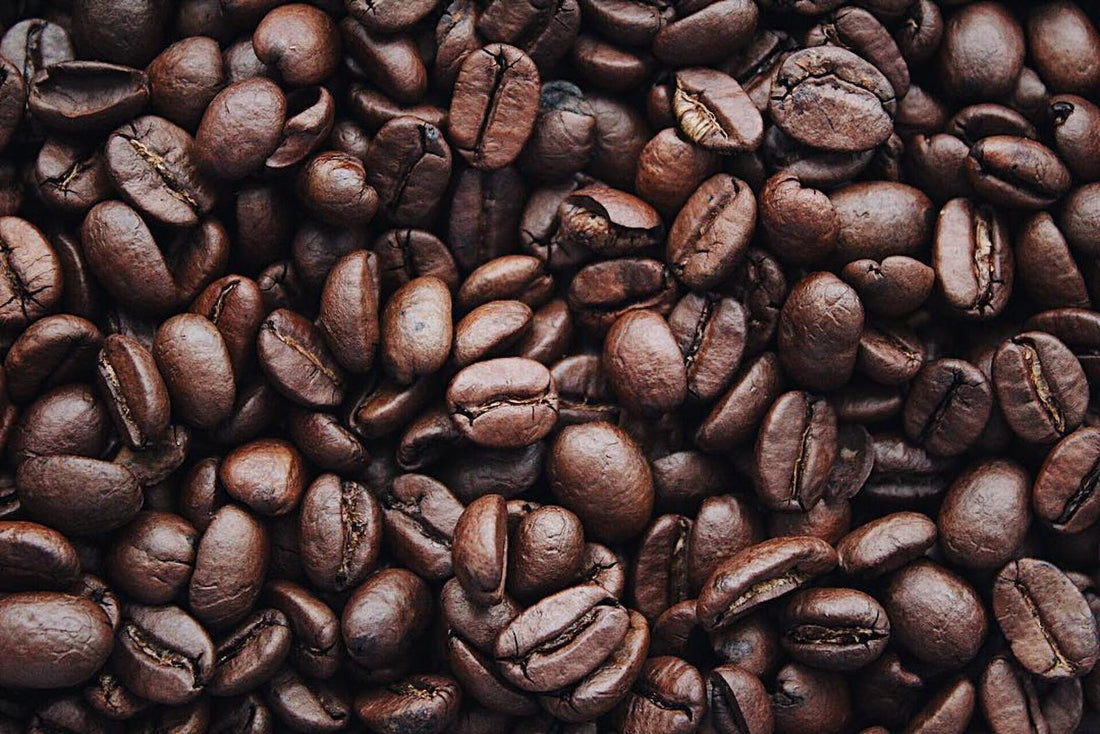Introduction
Coffee is a staple in many people's daily routine. It's the fuel that helps kickstart their mornings and powers them through their day. But have you ever wondered where your coffee comes from and what makes it taste so good? In this ultimate guide to Arabica coffee beans, we'll delve into the origins, flavors, and more of this popular coffee variety.
Arabica coffee beans are one of the most commonly used coffee varieties around the world. They are known for their distinct taste and aroma, and they make up the majority of the coffee beans used in specialty coffee shops. If you're a coffee enthusiast, it's essential to understand the origins and characteristics of Arabica coffee beans.
Origins of Arabica Coffee Beans
Arabica coffee beans are believed to have originated in Ethiopia, where they were first cultivated in the 7th century. From there, the beans spread to other parts of the world, including Yemen and the Arabian Peninsula. Arab traders were responsible for introducing coffee to the rest of the world, bringing it to Turkey, Persia, and North Africa in the 16th century.
Today, Arabica coffee is grown in several countries around the world, including Brazil, Colombia, Ethiopia, and Guatemala. Each region has its unique flavor profile, influenced by factors such as soil, altitude, and climate.
Flavor Profile of Arabica Coffee Beans
Arabica coffee beans are known for their complex flavor profile. They have a range of flavors, including fruity, floral, nutty, and chocolaty notes. The taste and aroma of Arabica coffee are influenced by several factors, including:
Altitude: Arabica coffee grows at higher altitudes, which results in a slower growth rate and denser beans. This can lead to a more complex flavor profile with a brighter acidity and floral notes.
Soil: The soil in which the coffee is grown can impact the flavor of the beans. For example, volcanic soil is known to produce coffee with a bolder, earthy flavor profile.
Processing method: The way the coffee is processed can also impact the flavor profile. The two main methods are the wet process and the dry process. The wet process involves removing the cherry and pulp from the coffee bean before drying, resulting in a cleaner taste with brighter acidity. The dry process involves drying the whole cherry, resulting in a more fruit-forward flavor profile.
How to Brew Arabica Coffee Beans
Now that you know a bit more about Arabica coffee beans, you might be wondering how to brew them for the best flavor experience. Here are some tips to get you started:
Use fresh beans: Coffee beans are at their best within two weeks of roasting, so make sure you're using fresh beans for the best flavor.
Grind the beans just before brewing: Grinding coffee beans too far in advance can lead to a stale, less flavorful cup of coffee. Grind your beans just before brewing for the freshest taste.
Use the right ratio of coffee to water: A general rule of thumb is to use two tablespoons of coffee per six ounces of water.
Use filtered water: The quality of your water can impact the flavor of your coffee. Use filtered water for the best-tasting cup.
FAQs about Arabica Coffee Beans
What is the difference between Arabica and Robusta coffee beans?
Arabica coffee beans are known for their complex flavor profile and are typically used in specialty coffee shops. Robusta coffee beans are less expensive and have a more bitter taste. They are often used in instant coffee and blends to add body and crema.
Are Arabica coffee beans better than Robusta coffee beans?
It depends on personal taste. Some people prefer the complex and nuanced flavors of Arabica coffee, while others prefer the strong and bold flavor of Robusta coffee. Ultimately, it's a matter of preference.
Can I roast Arabica coffee beans at home?
Yes, you can roast Arabica coffee beans at home using a home roaster or even a popcorn maker. However, it can be tricky to get the roast level just right, so it's best to start with small batches and experiment.
What is the best way to store Arabica coffee beans?
To keep your Arabica coffee beans fresh, store them in an airtight container away from light and heat. Avoid storing them in the refrigerator or freezer, as this can lead to moisture buildup and flavor loss.
Conclusion
Arabica coffee beans are a popular coffee variety with a complex flavor profile that coffee enthusiasts love. They have a rich history and are grown in several regions around the world, each with its unique flavor characteristics. When brewing Arabica coffee beans, it's essential to use fresh beans, grind them just before brewing, and use the right coffee to water ratio. With the tips in this ultimate guide, you'll be able to brew the perfect cup of Arabica coffee every time.

